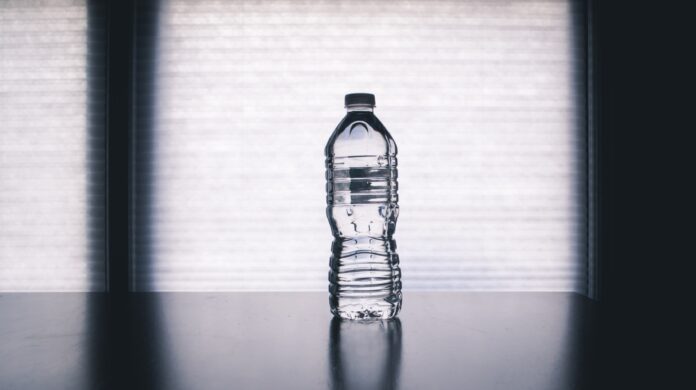
CONSUMERS in Ireland drank almost an extra litre of water daily as the pandemic locked them out of offices, schools and hospitality, new research for a Limerick-based bottled water firm shows.
And women are drinking more than men as restrictions continue to deprive us of workplace watercoolers.
They are now drinking an average of 1.4 litres daily since March 2020, an increase of 900ml, compared to men’s average of 1.3 litres, up 800ml.
Overall, a third of people (34%) upped their water consumption in lockdown – the vast majority (58%) of them 18-24-year-olds, who downed up to two litres more than usual.
The Ishka Irish Spring Water survey of 1,000 adults, carried out by iReach, also reveals an average spend of €4.60 on bottled water every week.
The data shows a majority of the adult population (45%) drink between one and two litres of water every day, with women consuming marginally more (1.4 litres) than men (1.3 litres).
Just over a third of us increased water intake during lockdown and of these, 71% drank at least an extra one litre, with a thirsty 23% pouring themselves an extra one-two litres.
It meant the average extra water intake was just off 1 litre during Covid restrictions.
“The results show that people in Ireland clearly listened to public health advice and other influencers who offered tips to those working from home when lockdown arrived,” said Mike Sutton, Director of Ishka.
“Hydration is one of the simplest, yet most important things we can do on a daily basis to stay healthy.”
Based in Ballyneety, Ishka lays claim to being Ireland’s freshest spring water as it is bottled from five, 200m-deep certified wells, untouched by human contact and not stored prior to bottling.
More than half of us (54%) buy bottled water every week with an average weekly spend of €4.60 – with 10% spending between €5 and €10.
The research also shows many consumers are embracing the green message – half of all respondents say the type of water they buy is influenced by whether bottles are made from recycled plastic and whether they can be recycled after use.
Younger consumers are more tuned in, however, with 79% of those aged 18-24 concerned about recyclability, almost double that (34%) in the 35-44 age bracket.
The survey was conducted between July 8-15 for Ishka by research company iReach, surveying 1,000 adults over the age of 18.


